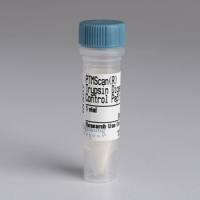Targets in Apoptosis Signaling: Promise of Selective Anticancer Therapy
互联网
互联网
相关产品推荐

赛默飞世尔Thermo Fisher LAR I.V. THERAPY 货号:T_70113-451-157
¥25000

Annexin V-AF647 Apoptosis Detection Kit(BA00103)-20T/50T/100T
¥680

Recombinant-Coturnix-coturnix-japonica-Endothelin-B-receptorEDNRBEndothelin B receptor; ET-B; ET-BR Alternative name(s): Endothelin receptor non-selective type
¥11872

WISP2/WISP2蛋白Recombinant Human WNT1-inducible-signaling pathway protein 2 (WISP2)重组蛋白CCN family member 5 Connective tissue growth factor-like protein蛋白
¥1344

Wnt/beta-Catenin Activated Targets Antibody Sampler Kit
¥500
相关问答

